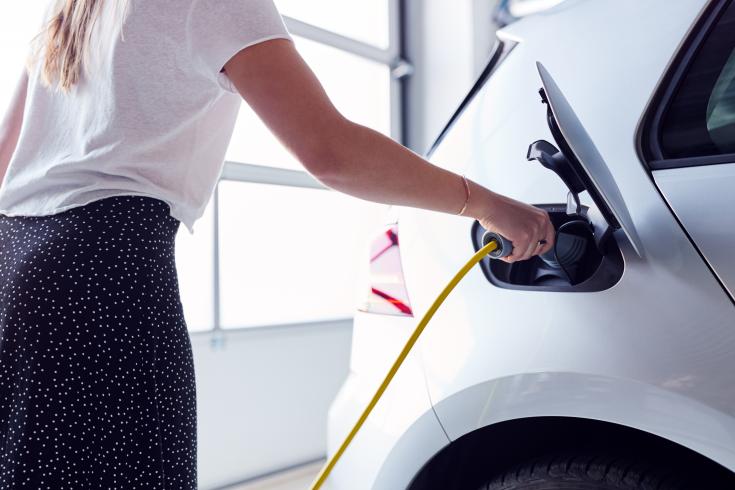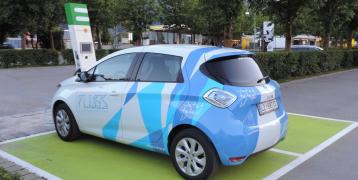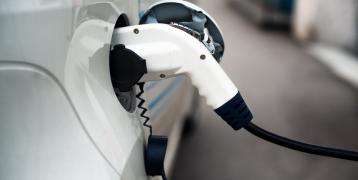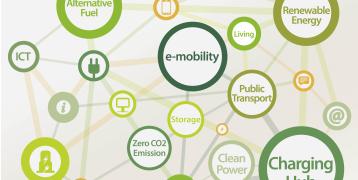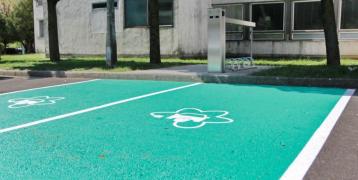Regional approaches for supporting e-mobility
Electric mobility (e-mobility) will be an essential part of the low-carbon transition, with short to mid-distance passenger and logistics vehicles ripe for electrification. In the long-term, as energy storage solutions develop further, longer-distance technologies will also develop. While technological solutions for passengers and logistics are developing, their market maturity is not yet reached, and public support is further required to make them cost-competitive with fossil fuel technologies through enabling frameworks, incentives and capacity building for uptake.
Additionally, consideration must also be taken of the impact of electrification on energy systems and wider regional planning with the low-carbon transition considered as a whole. This policy brief will draw lessons from Interreg Europe projects and activities, providing good practices from across Europe to inform regional and local policy-makers on the actions they can take in their regions to make the e-mobility transition a reality.
Policy brief on regional approach for support e-mobility
Policy brief on regional approach for support e-mobility
Featured good practices
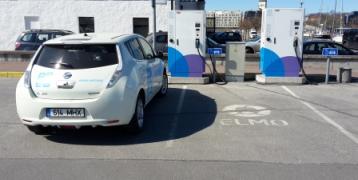
Free parking for EV-s and electric hybride cars
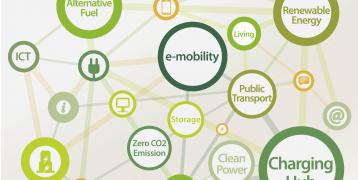
Organisation of group purchase electric cars


